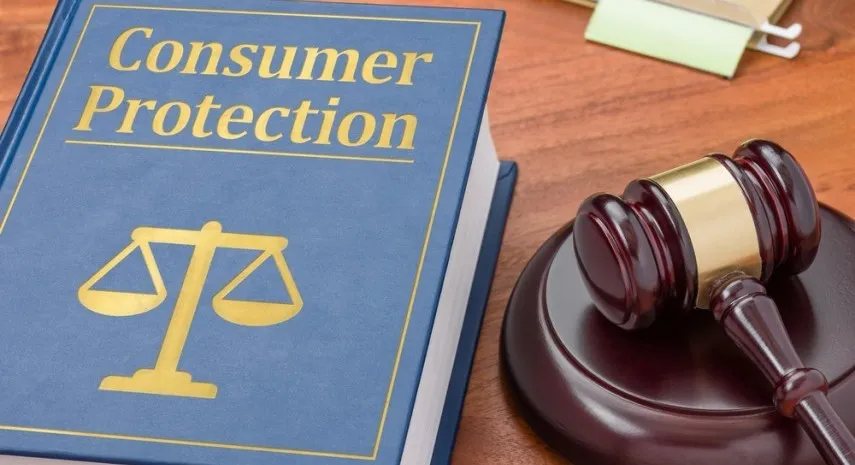Consumer Lawsuit in Chennai Over 50-Paise Coin Yields Unprecedented Return: A Lesson in Consumer Rights
In a remarkable case from Chennai, a consumer lawsuit involving a 50-paise coin has resulted in an astonishing return of 2,999,900% for the plaintiff, highlighting the importance of consumer rights and accountability. The District Consumer Disputes Redressal Commission ordered a local post office to not only refund the disputed amount but also pay a fine of ₹15,000 due to what was deemed an unfair trade practice.
The Incident That Sparked the Lawsuit
The dispute traces back to December 3 of the previous year, when a consumer named Manasha from Gerugambakkam visited the Polichalur post office to send a registered letter. Upon reaching the counter, Manasha paid ₹30, anticipating a return of 50 paise since the actual postal fee for his intended destination was ₹29.50. However, he was met with a surprising response from the postal clerk.
When Manasha requested the 50 paise balance, he was informed that the system automatically rounded off the transaction to ₹30, effectively denying him his rightful change. Attempting to rectify the situation, Manasha offered to pay the exact amount of ₹29.50 using UPI, a digital payment method. Unfortunately, the post office declined his request, citing a technical issue.
Allegations of Systematic Rounding Practices
In his formal complaint to the District Consumer Disputes Redressal Commission, Manasha raised concerns about the alleged practice employed by India Post of routinely rounding off daily transactions. He argued that this practice could lead to significant financial discrepancies, potentially siphoning off substantial amounts of money, and even contributing to the creation of black money. Additionally, he highlighted that this rounding-off practice could result in a considerable loss of Goods and Services Tax (GST) revenue for the government.
The post office countered Manasha’s claims by stating that any transaction involving less than 50 paise was invariably "ignored" and that their software was programmed to round off such amounts to the nearest rupee. This system, they explained, effectively rendered minor transactions moot, leading to instances where consumers might not receive their rightful change.
Technical Glitches and Payment Denials
As the situation escalated, the post office further explained that the UPI payment system, specifically the "Pay U" QR digital payment mode, had been malfunctioning since November 2023 and was subsequently discontinued in May 2024. This technical glitch further complicated matters for Manasha, who was left without a means to settle the exact postal fee.
After thorough deliberation, the District Consumer Disputes Redressal Commission assessed the situation and found that the post office had indeed admitted to "overcharging" due to the software glitch. This admission led the commission to classify the practice as an unfair trade practice under Section 2(47) of the Consumer Protection Act, 2019. The ruling emphasized the necessity for businesses, including government entities, to uphold fair trading practices and respect consumer rights.
Implications of the Ruling
The commission's ruling not only resulted in a substantial monetary return for Manasha but also serves as a crucial reminder of the power of consumer rights. The astronomical return on the initial 50 paise dispute underscores the principle that every consumer has the right to receive accurate and fair treatment, regardless of the monetary value involved.
This case sheds light on the broader implications of such practices in public services, where consumers often feel powerless against systemic issues. It emphasizes the importance of transparency, accountability, and the need for government agencies to implement effective systems that protect consumer rights.
The Chennai consumer lawsuit involving a 50-paise coin serves as a significant milestone in the ongoing fight for consumer rights in India. It underscores the importance of vigilance and advocacy in addressing unfair trade practices, regardless of how minor they may seem. As consumers become more aware of their rights and take action against unfair practices, such cases will hopefully pave the way for more robust protections and reforms in the Indian consumer landscape.

COMMENTS (0)
Sign in to join the conversation
LOGIN TO COMMENT